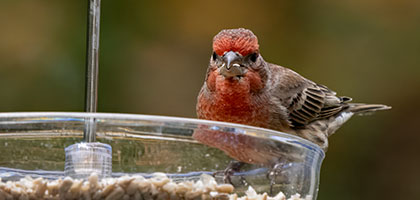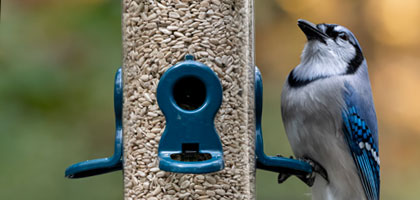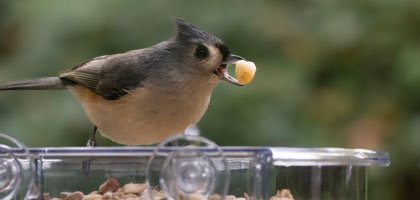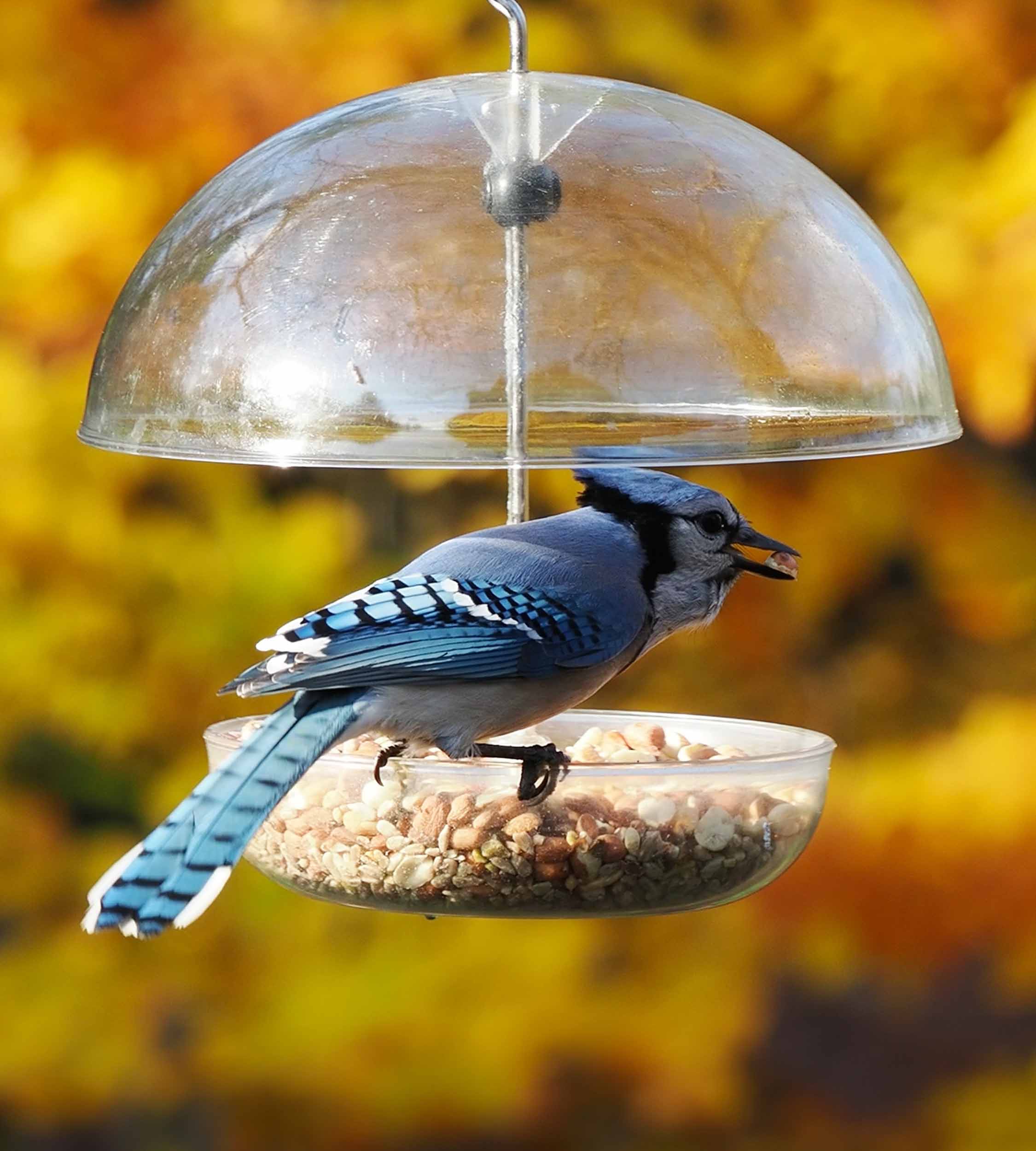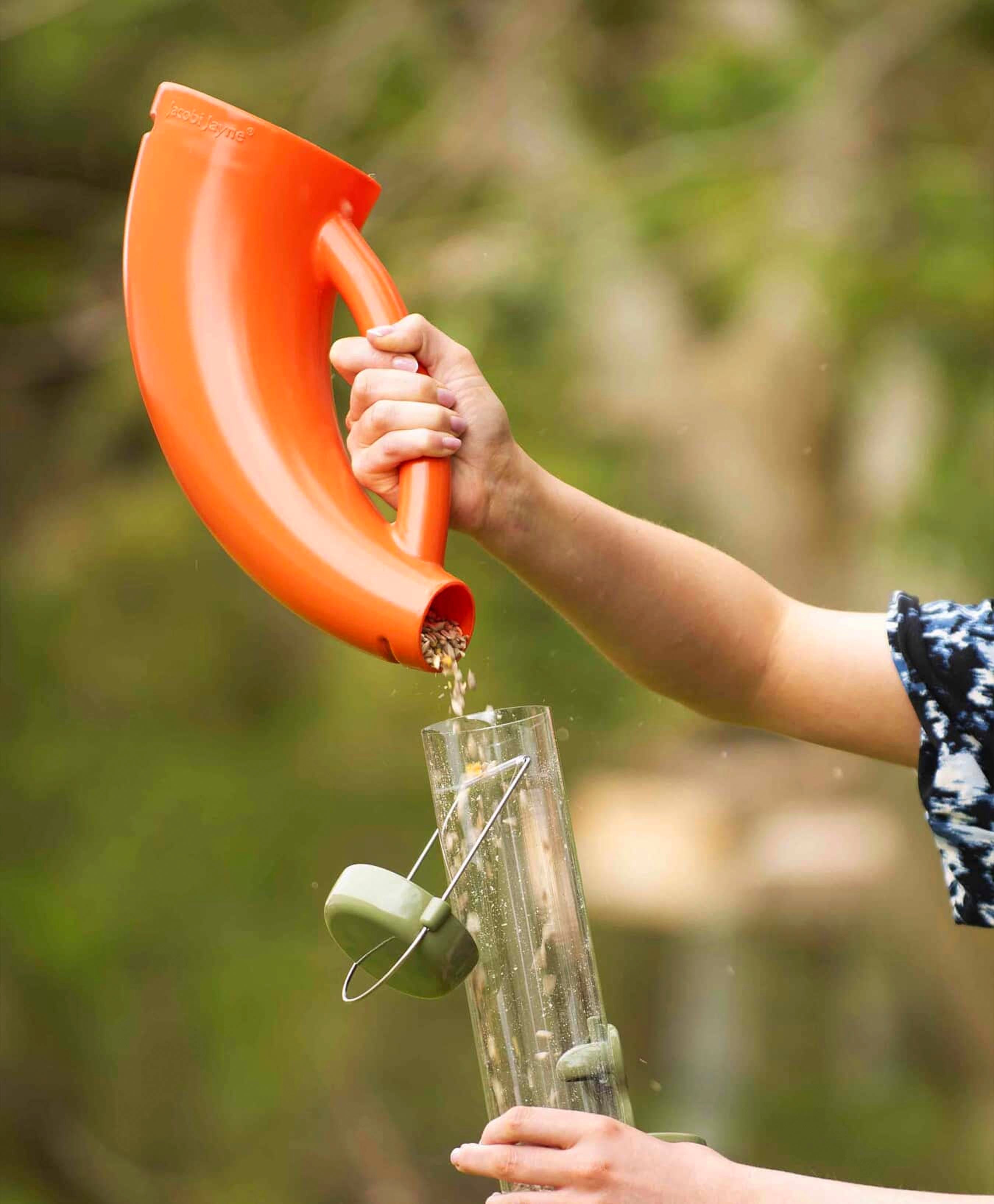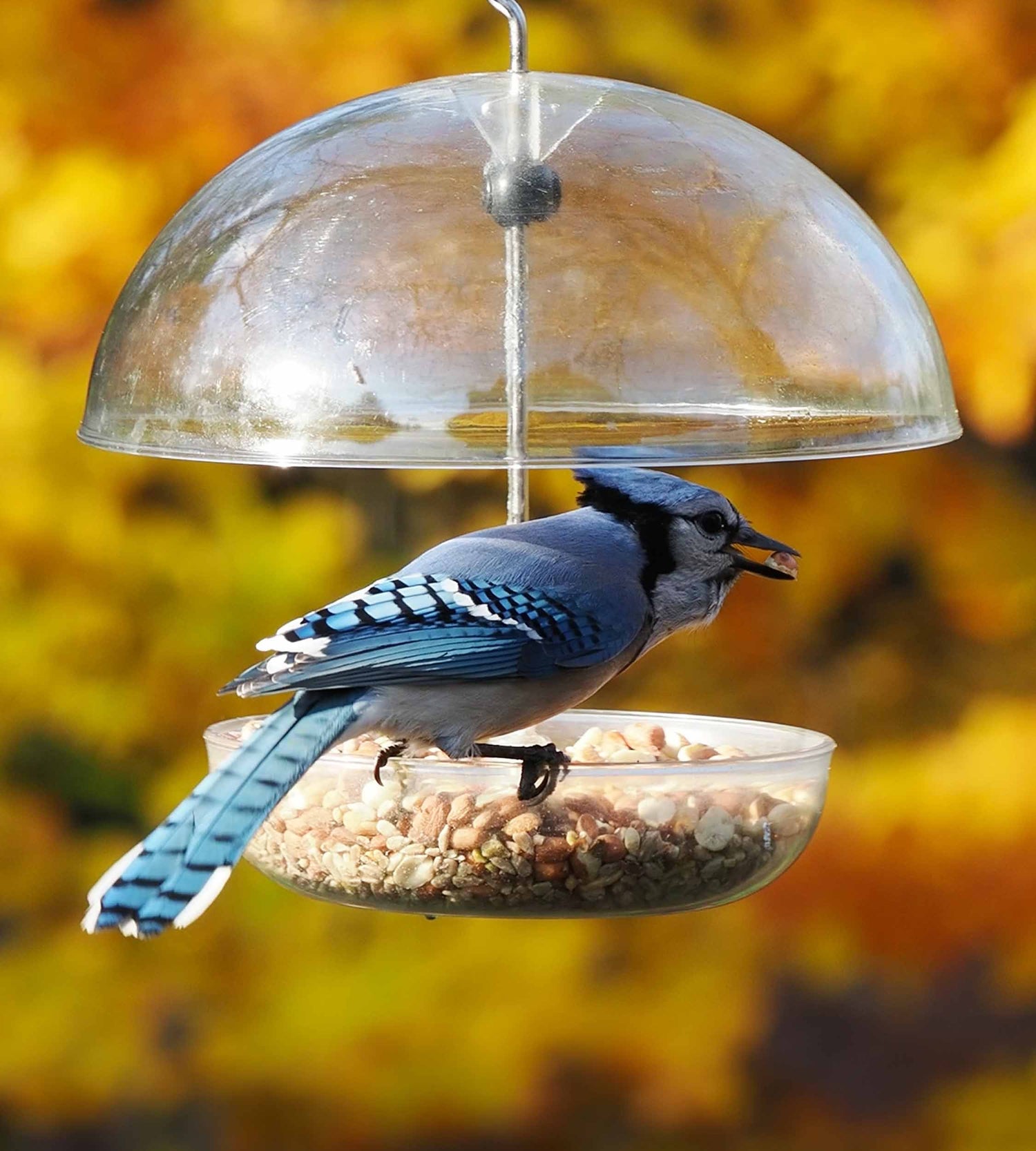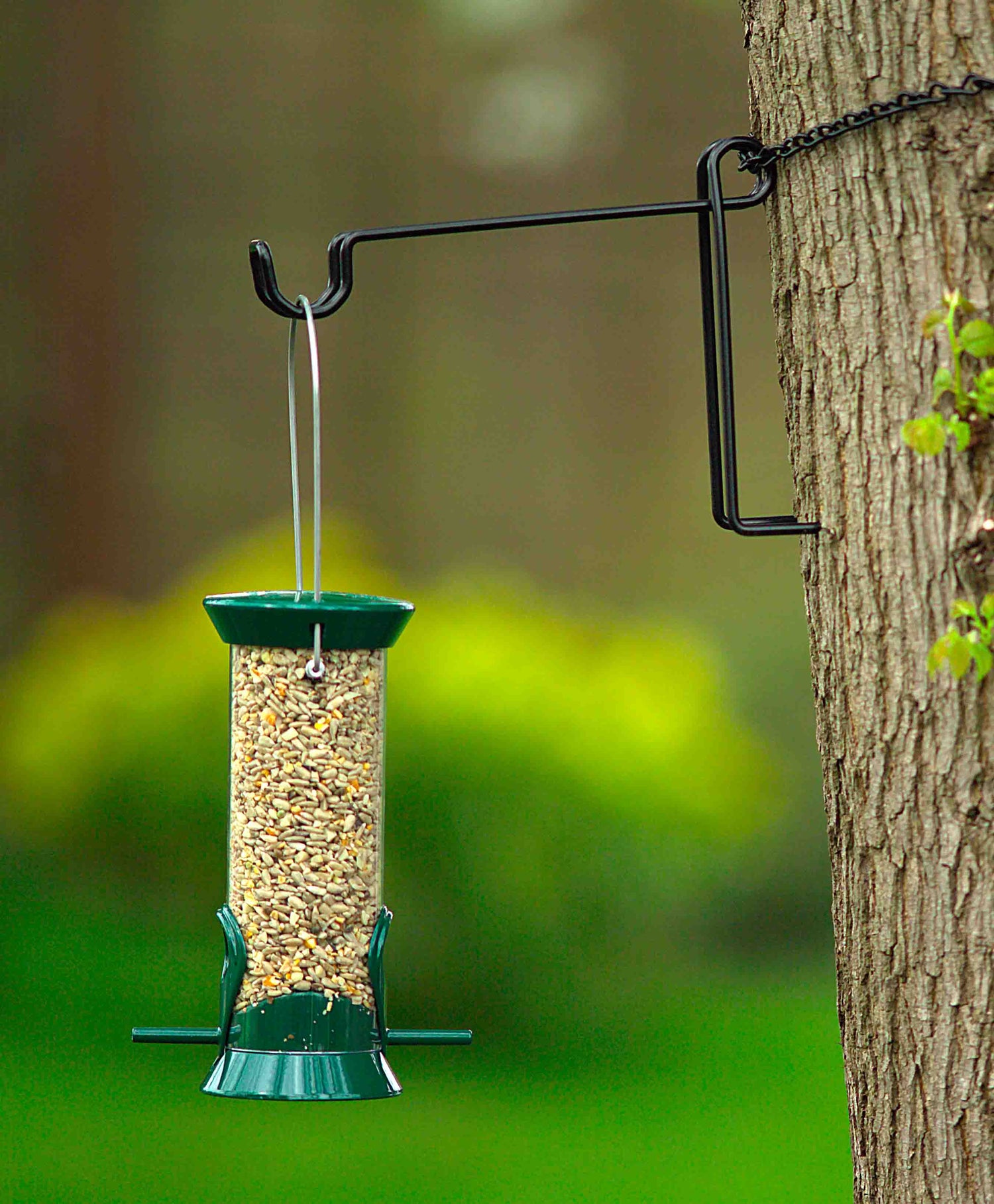As a chicken keeper, you may wonder, "Can I feed chickens wild bird seed?" It's a valid question, considering the variety of feed options available.
Understanding the nutritional needs of your chickens is crucial. It helps ensure their health and productivity. Wild bird seed, while not a complete feed, can play a part in their diet.
In this article, we'll explore the potential benefits and risks of feeding chickens wild bird seed. We'll also discuss how to safely introduce it into their diet.
Understanding Chicken Nutrition
Chickens require a balanced diet. This includes protein, carbohydrates, vitamins, and minerals.
Wild bird seed alone may not meet all these dietary needs. It's important to remember that chickens have different nutritional needs at different stages of life.
A diet too heavy in seeds can lead to obesity and health issues. Therefore, wild bird seed should be used as a supplement, not a replacement for their primary feed.
Always consult with a veterinarian or poultry nutritionist when making significant changes to a chicken's diet.
The Basics of Wild Bird Seed
Wild bird seed is a mix of various seeds. It's designed to attract and feed a variety of wild birds.
The mix often includes sunflower seeds, millet, and cracked corn. Some mixes may also contain suet cakes or suet balls.
While these ingredients can be part of a chicken's diet, they should not form the majority of it.
Is Wild Bird Seed Good for Chickens?
Chickens can eat wild bird seed. It can be a part of their varied diet.
However, it should not replace their primary feed. This is due to potential nutritional imbalances.
The nutritional content of wild bird seed may not meet all the dietary needs of chickens. For instance, chickens require a balanced diet that includes:
- Protein
- Carbohydrates
- Vitamins
- Minerals
Wild bird seed alone may not provide all these nutrients in the right proportions.
Potential Risks of Feeding Chickens Wild Bird Seed
Feeding chickens wild bird seed comes with some risks. Some wild bird seeds contain ingredients that are harmful to chickens in large quantities.
It's also important to ensure that wild bird seed is free from mold and toxins. These can be harmful to chickens.
Overfeeding chickens with wild bird seed can lead to obesity and other health issues. Therefore, moderation is key.
Healthy Alternatives to Wild Bird Seed for Chickens
While wild bird seed can be a part of a chicken's diet, it should not be the only source of nutrition. There are many healthy alternatives that can provide a balanced diet for chickens.
Suet cakes and suet balls, for example, can be a source of fat for chickens during colder months. Mealworms can also be a healthy and protein-rich addition to a chicken's diet.
Here are some alternatives to consider:
- Natural chicken feed
- Seeds and mixes designed for chickens
- Fresh fruits and vegetables
- Grains like corn and wheat
Remember, a varied diet is key to chicken health.
How to Safely Introduce Wild Bird Seed to Your Chickens
Introducing wild bird seed to your chickens should be done gradually. Start by mixing a small amount of wild bird seed with their regular feed. This allows you to monitor for any adverse reactions.
Ensure that the bird seed is free from mold and toxins. Also, make sure your chickens have access to grit. Grit aids in the digestion of seeds.
Lastly, always consult with a veterinarian or poultry nutritionist when making significant changes to a chicken's diet. They can provide guidance based on the specific needs of your flock.
Conclusion: Balancing Chicken Diets with Wild Bird Seed
Feeding chickens wild bird seed can add variety to their diet. However, it should not replace their primary feed.
Balancing wild bird seed with other feed options ensures a well-rounded diet. Always monitor your chickens' health and egg production when introducing new foods.
